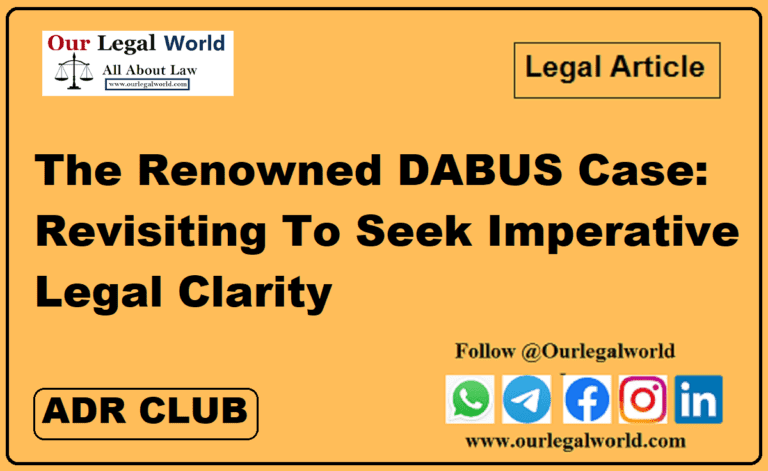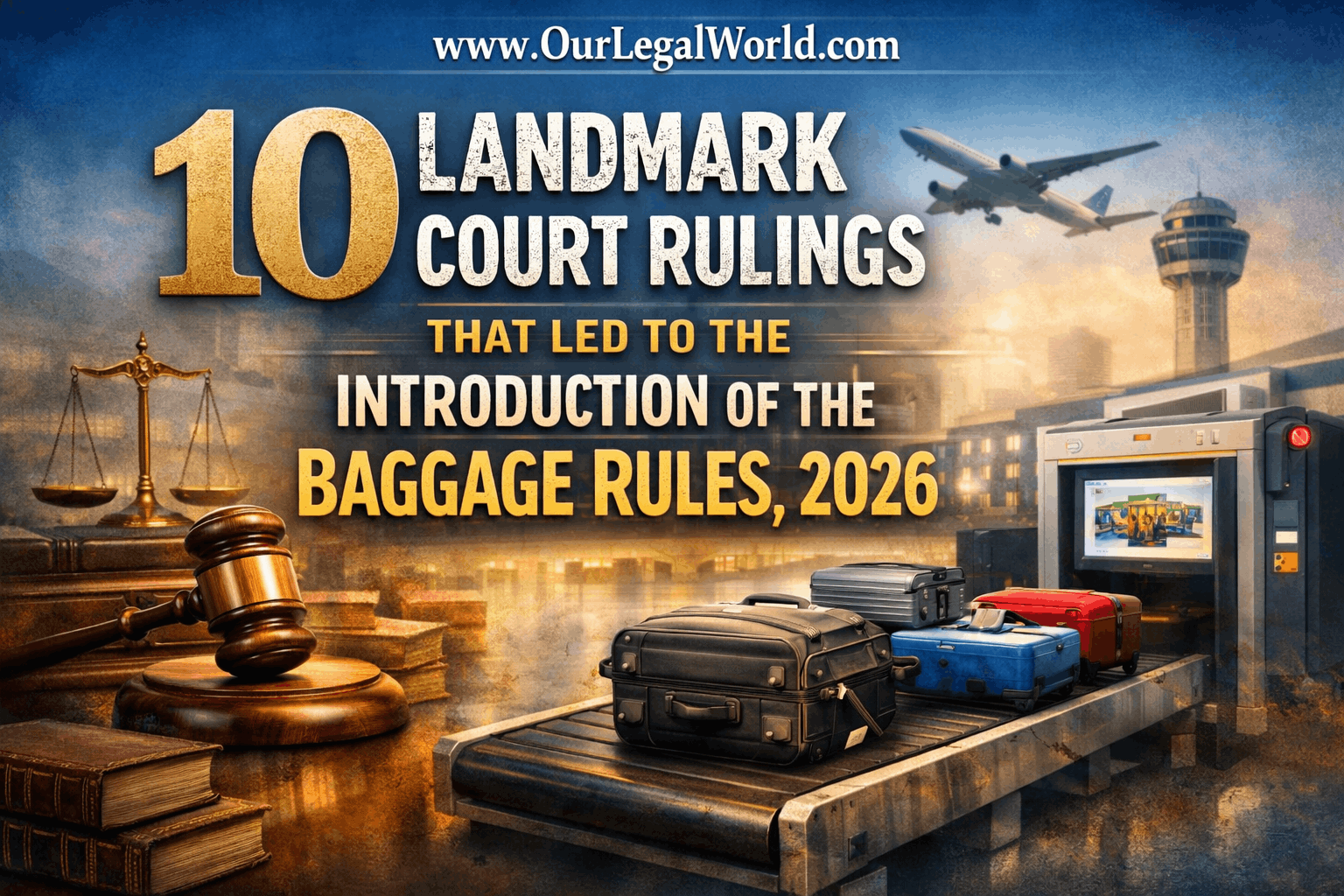Minerva Mills v. Union of India, AIR 1986 SC 2030
FACT OF THE CASE
The Petitioner was Company owing textile undertaking, which were subsequently nationalized and taken over by the Central Government under the Sick Textile Undertakings (Nationalization) Act, 1974. The Petitioners contended that Section 4 and 55 of 42nd Amendment Act, 1976 to the Constitution of India was constitutional invalid. Section 4 substituted the words in Article 31C as ‘all or any of the principles laid down in part IV’ which earlier was restricted to only Article 39; which thereby took away judicial review of any law on any alleged violation of Fundamental Rights guaranteed by Article 14 and 19 if it supposedly seems to further the principles of the Directive Principles of State Policy. Section 55 inserted clause (4) and (5) in Article 368 which swept away judicial review from any amendment made to the Constitution by legislature including Part- III (Fundamental Rights) of the Constitution.
ARGUMENTS
Replying on the decision in Keshavananda Bharati v. State of Kerala AIR 1973 SC 1461 the ‘Constitution is heritage, hence do not destroy its identity’, it was contended by the petitioners that since Constitution itself provided limited powers of amendment, Parliament could not, under the exercise of that limited power, enlarge that limited powers of absolute power and hence section 55 was unconstitutional. Also regarding section 4 it was argued that though Directive Principles were mandatory asthe ends of government, they could be achieved only by permissible means i.e. by reading them in harmony to Fundamental Rights but Section 4, which made the Fundamental Rights subordinate to the Directive Principles was not agreeable by the structure of the Constitution.
Defending the impugned Sections, the Attorney General argued that when a law was enacted to further social and economic justice as advocated under the Directive Principles, it could never cause any injustice or violate any fundamental rights for that matter. Moreover Section 4 did not snatch away judicial review totally, rather questions like reasonable and actual nexus of the law with essence of Directive Principles supposed to be furthered etc. would still be exposed to judicial scrutiny and hence is not unconstitutional.
JUDGMENT
Accepting the challenges made, the Court declared both Section 4 and 55 as unconstitutional. The Court observed that be virtue of Section 55, Parliament was doing something in grab of an authority which was not permissible by the mandate of the Constitution. Also Section4 attempted to legitimize all future laws hitting onto fundamental rights, yet judiciary would be paralysed to the exyent of only drawing out and stretching the law to meet the nexus with principles of Directive Principles.
Also Read: List of Non-Bailable Offences Under IPC







